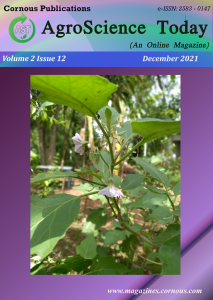Multidrug-resistant bacteria have now emerged as a global threat due to the emergence of new or re-emergence of old pathogens. This alarming situation demands either to find new/modified effective antibiotics or alternatives to reduce the overall load of infectious diseases both in the veterinary and public domain. Antibiotic adjuvants are non-antibiotic compounds that potentiate the existing antibiotic activity. The Himalayan region being a big basket and hot spot of biodiversity, inhabiting a diverse flora of medicinal plants/herbs can be evaluated for antibiotic adjuvants. These adjuvants work either by blocking the main bacterial resistance mechanisms or enhancing the antimicrobial action of the drug. The adjuvants assist in polypharmacy on bacteria by de-energizing the efflux pump channel of bacteria to escape antibiotic action and by allowing antibiotics to have greater internal access. Thus, the plant-based antibiotic adjuvants have the potency to re-empower the existing antibiotics, restoring their activities against target pathogen that too with minimal side effects/toxicity being natural in origin.
Phenolic compounds are the secondary metabolites synthesized in plants. Basically in chemical composition it is a heterogeneous molecule with phenol group in its basic structure. Polyphenols exists in various forms like simple molecules to polymerized structures like phenolic acids to tannins respectively. The major phenolic compounds were phenolic acids, flavonoids and anthocyanins.
New technologies on multiple scales are re-engineering to increase the number of crop cycles to achieve multiple generations of crops per year. The integration of speed breeding to existing crop breeding methods will expedite the research studies through rapid generation of crops. The time period for the crop varieties development could be reduced significantly. Also, it accelerates the progress of plant research in the activities viz., crossing, development of mapping population and adult plant phenotyping. Furthermore, this technique accelerate the introgression breeding for the pyramiding of traits.
